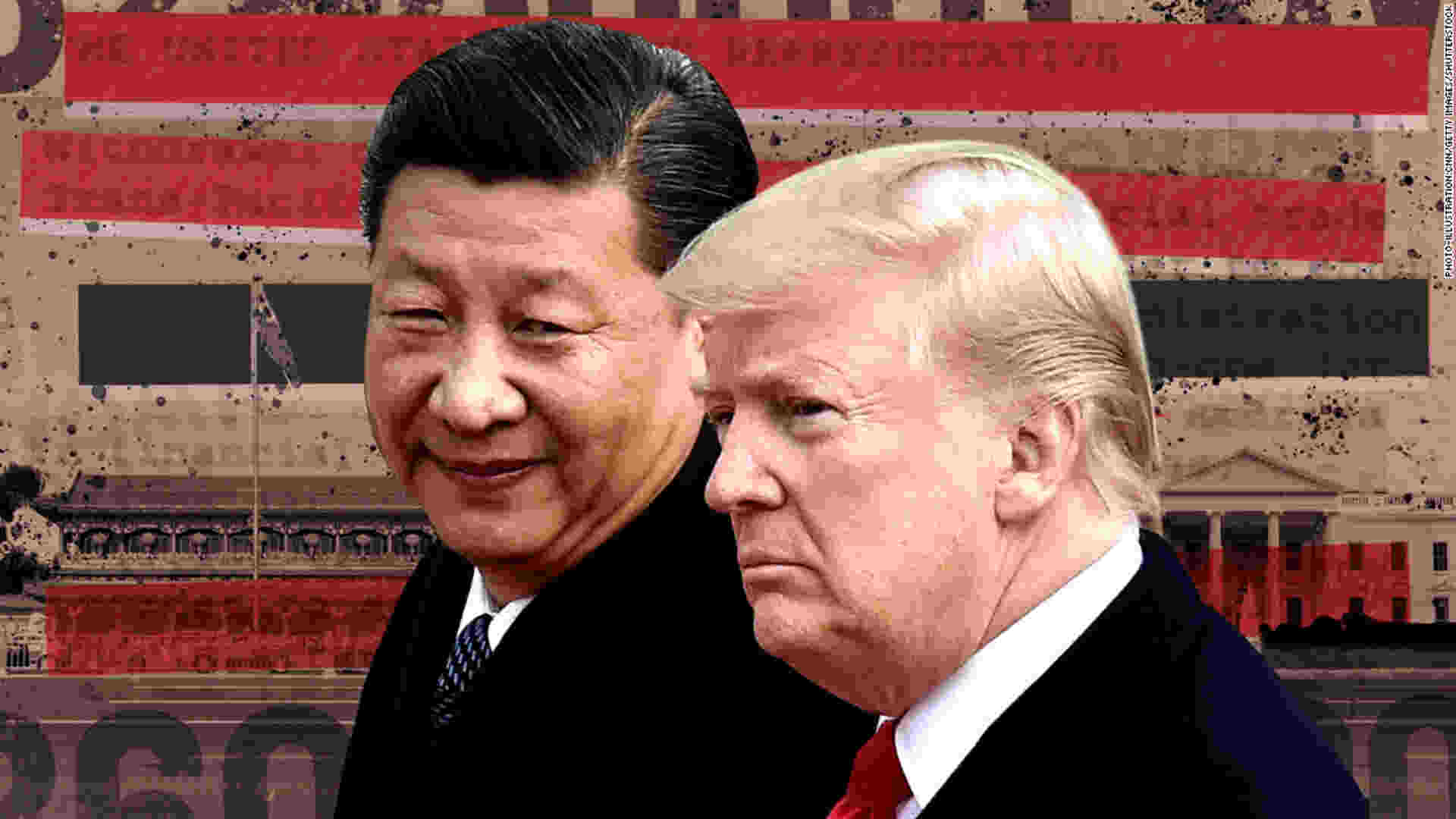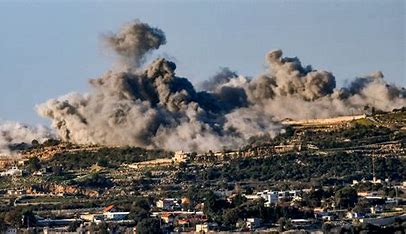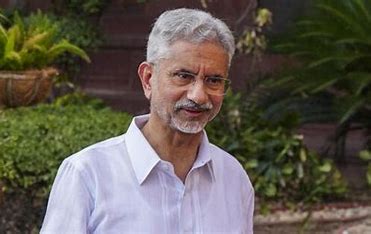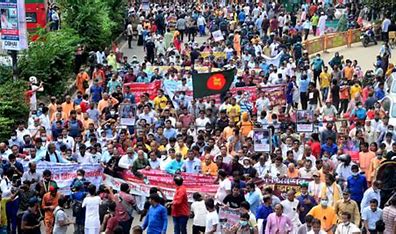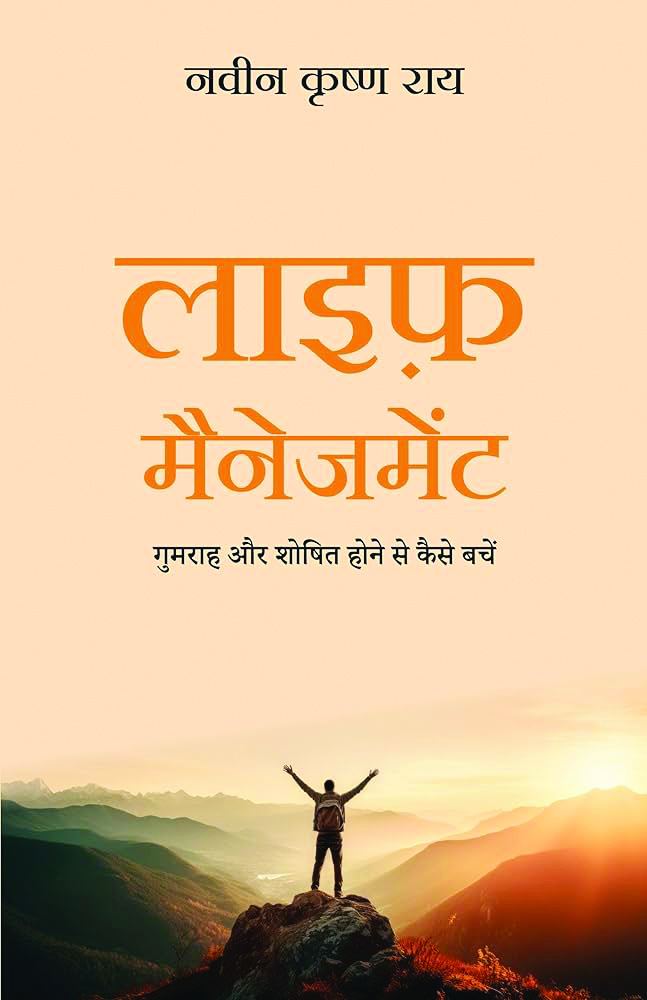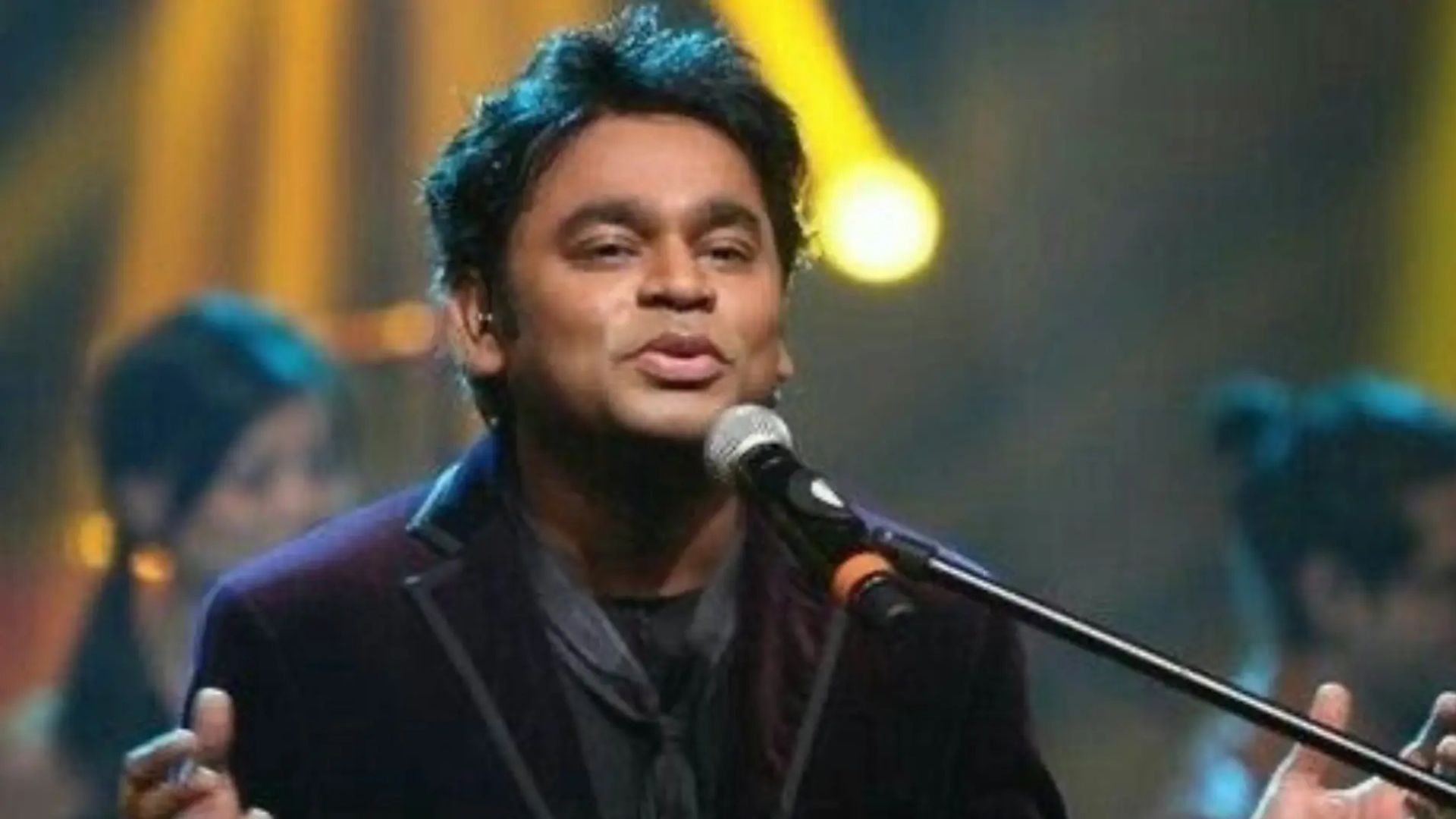


In today’s political discourse, it’s common to hear calls for a return to a “glorious past”—a time when a particular civilization was seen as perfect in every way.
Proponents of these ideas argue that if we could somehow recreate this idealized past, it would solve the complex problems we face today. But the question remains: Which civilization truly had a perfect past?
For those who grew up in the 1960s through the 1990s, the concept of a “glorious past” was also prevalent. Life seemed to be improving, and the world was rapidly opening up.
In contrast to the eras of anarchism, authoritarianism, fascism, and imperialism, it seemed like history was moving towards a brighter, more peaceful future. Then came the “Santa Claus” of globalization, a wave of hope and goodwill that brought significant changes to economies and lifestyles.
With the world “opening up” after the collapse of the Soviet Union in 1991, the MTV generation eagerly embraced the cultural and economic influence of the Western world.
The availability of top global brands and the transformation they brought to people’s lifestyles felt like a dream come true.
The global job market was booming, economies were soaring, and Foreign Institutional Investors (FIIs) and multinational corporations poured capital into developing markets.
This era was, in many ways, a fairytale—at least for those who measured success primarily by financial gain.
Amid this economic euphoria, the rich cultural and historical diversity of world civilizations seemed to fade into the background, relegated to private affairs that were confined to the domains of individual religions and cultures.
In 1992, American political scientist Francis Fukuyama published his groundbreaking book, The End of History and the Last Man, in which he argued that the end of the Cold War and the dissolution of the Soviet Union marked not just the end of a particular historical period, but the end of history itself. Fukuyama’s thesis posited that humanity had reached the culmination of its ideological evolution: the universalization of Western liberal democracy as the final form of human government.
This was a compelling theory, and for many, it seemed to be true as more and more countries adopted democratic systems.
However, in contrast to Fukuyama’s optimistic view, Samuel P. Huntington, another prominent American political scientist, proposed a theory of “The Clash of Civilizations” in 1993.
Huntington, who was also Fukuyama’s mentor, argued that in the post-Cold War world, the primary sources of conflict would no longer be ideological or economic, but cultural and religious.
His thesis resonated during a time when Christian and Muslim fundamentalists were vying for dominance.
The events of September 11, 2001, seemed to validate Huntington’s theory, prompting Pakistani author Tariq Ali to write The Clash of Fundamentalism, which expanded on Huntington’s analysis from a leftist perspective.
Globalization, for all its promises of greater interconnectedness, also exposed humanity to new cultural and religious tensions.
While it opened doors to new experiences and lifestyles, it also brought conflicts to the forefront. Over time, however, the initial euphoria of globalization began to fade.
Many countries, after experiencing the benefits and drawbacks of global trade and cultural exchange, realized that they were often more vulnerable than they had anticipated.
The promises of economic prosperity, cultural integration, and progress did not materialize in ways they had hoped. As a result, people began to retreat from this globalist vision, with many returning to their traditional ways of life.
With the rise of social media, this process of “retreat” accelerated. Social media platforms gave ordinary citizens a voice and empowered them to challenge governments and institutions.
Movements like the Arab Spring exemplified the potential for social media to bring about significant political change.
However, these same platforms also allowed for the rise of identity politics, with people becoming more entrenched in their cultural and religious identities.
What was once private—the role of religion in one’s life—became a public affair. This shift often led to the “cocooning” of communities, where people began to self-segregate according to religious or cultural lines. This, in turn, fostered a climate of intolerance and division, with one religion or culture pitted against another.
This “clash of civilizations” is evident in global conflicts today. From the atrocities against Hindus in Bangladesh to the ongoing Israel-Palestine conflict, the Syrian civil war, and communal tensions between Hindus and Muslims as they cannot get out of temple-mosque binary in India, the world seems to be caught in a perpetual cycle of religious and cultural strife.
We are living in an era of dehumanizing religion. Fundamentalist followers of every religion are misusing religion and deploying them for inhuman purposes. The inception of world religions happened to humanize, not to make monsters from humanity.
In many instances, governments are overthrown, only for the people to search for a new leader who promises to restore order. Bangladesh and Syria are recent examples of this dynamic.
What is perhaps most interesting in this modern era is the widespread tendency to look backwards, to a time when civilizations were believed to be at their zenith.
People from various communities around the world, regardless of religion or culture, are revisiting the “roots” of their pasts, hoping that if they can restore these “glorious” traditions, they will solve the contemporary challenges they face.
Yet, the truth is that no civilization, past or present, can boast of a flawless or perfect history. While civilizations may be celebrated for certain achievements, every society has committed crimes against humanity—whether through conquest, oppression, or exploitation.
The reality is that humanity must look to the present, rather than idealizing the past, in order to confront the challenges of the future.
Issues such as poverty, hunger, overpopulation, and climate change demand our immediate attention. While socialism may seem to have faded from the political stage, it has not disappeared and is yet to be written off.
However more imminent is the possibility of artificial intelligence, which is moving with a lightning speed soon taking over entire humanity. The world science fiction writers Isaac Asimov and Arthur C. Clarke had created by their imagination of the dystopian future of society bereft of reason, and machines taking over is fast becoming a reality.
In conclusion, the world would be better served if we focused on solving the pressing issues of today, bringing back reason into the discourses, rather than trying to resurrect the myths of a perfect past.
History has shown us that every civilization, regardless of its successes, has flaws and injustices. The key to a better future lies in facing our present challenges with a global perspective, grounded in the values of justice, equality, and sustainability.
Let’s not forget religion could only be a moral compass for anybody, we cannot sustain livelihood by invoking our so called glorious past.

